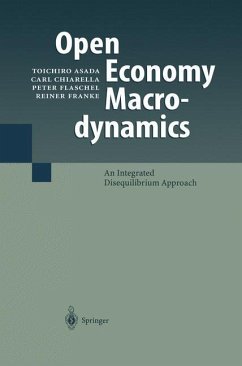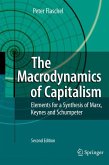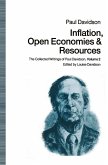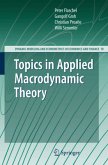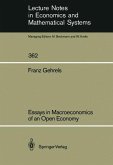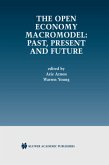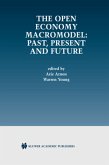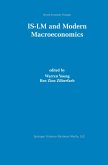In the first part of this book, we treat interacting and small open economies. We do this from an historical perspective, starting from the Classical model of the gold standard and the specie-flow mechanism and aim to show there that the Dornbusch IS-LM-PC approach, with or without rational expectations, can still be considered as a (if not the) core contribution to contemporaneous open economy macrodynamics, also on the level of structural macroeconometric model building. In the second part we then extend this analysis to the incorporation of more disequilibrium on the real markets, prominent further feedback channels of the macrodynamic literature and integrated macromodel building. We start from the closed economy, consider large open economies in a fixed exchange rate system, small open economies subject to high capital mobility, and finally two large interacting economies like the USA and Euroland. Our macrofounded approach extends and integrates non-market clearing traditions to macrodynamics and can be usefully compared with the New Keynesian approaches which are generally rigorously microfounded, but often much more limited in scope in capturing full market and agent interactions.
Bitte wählen Sie Ihr Anliegen aus.
Rechnungen
Retourenschein anfordern
Bestellstatus
Storno

